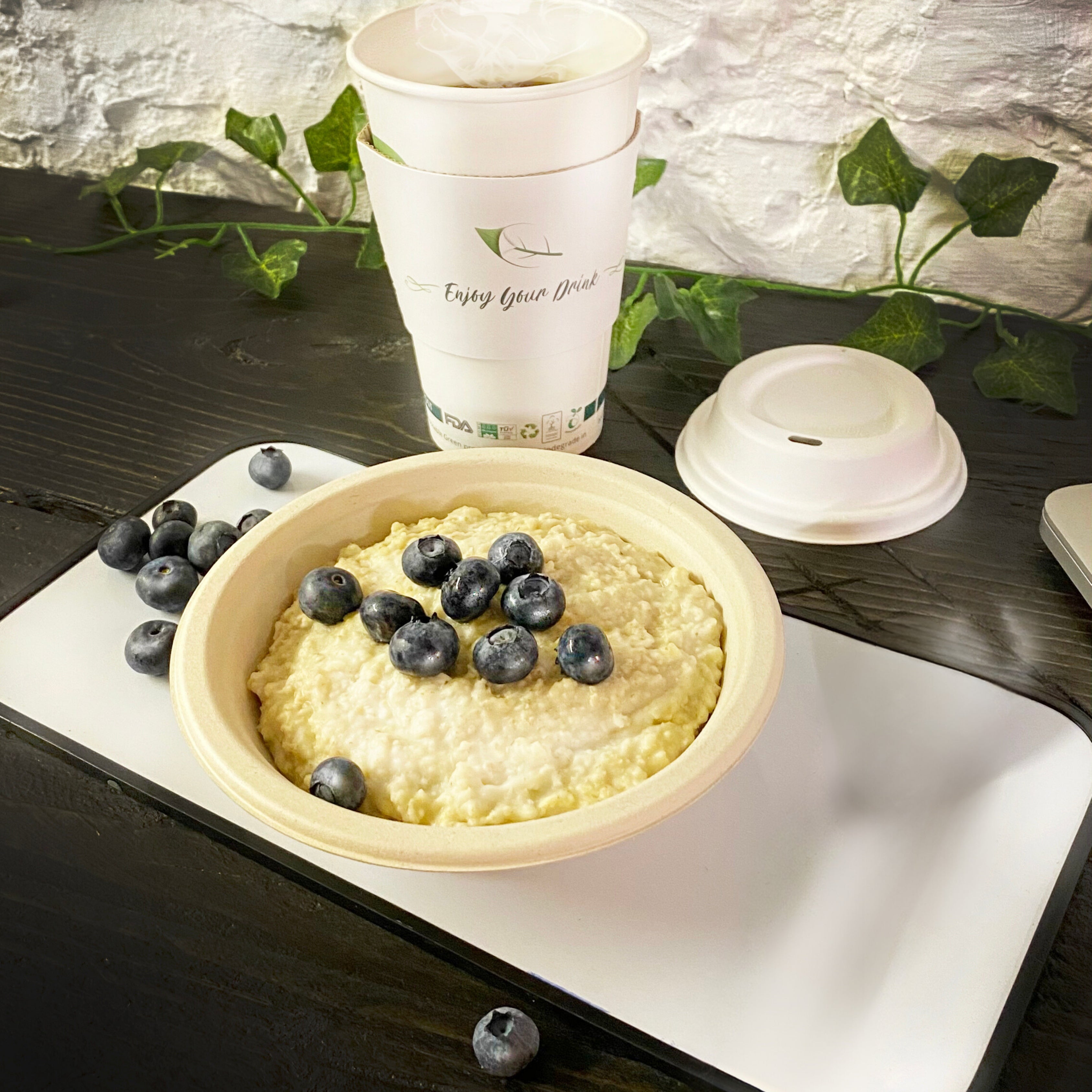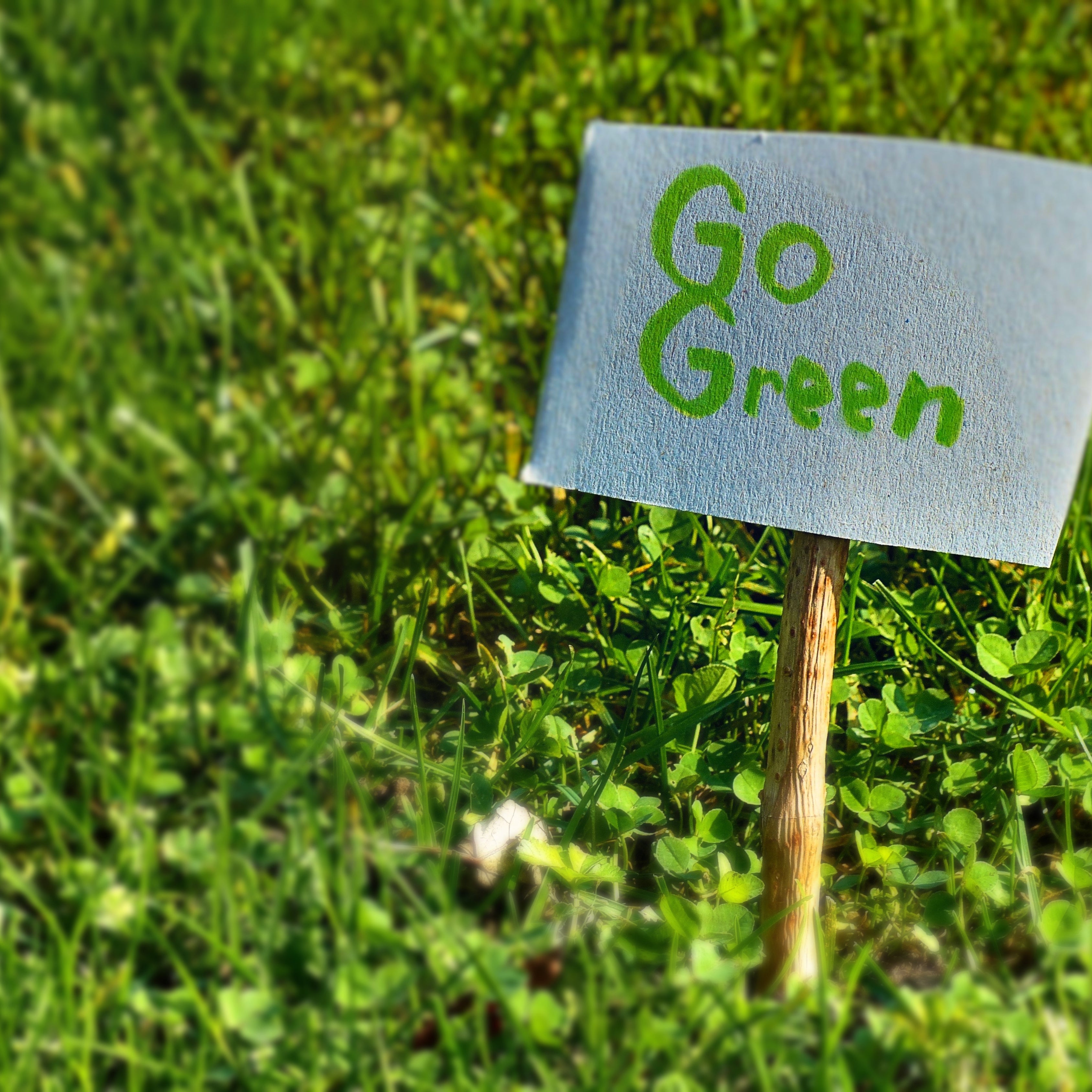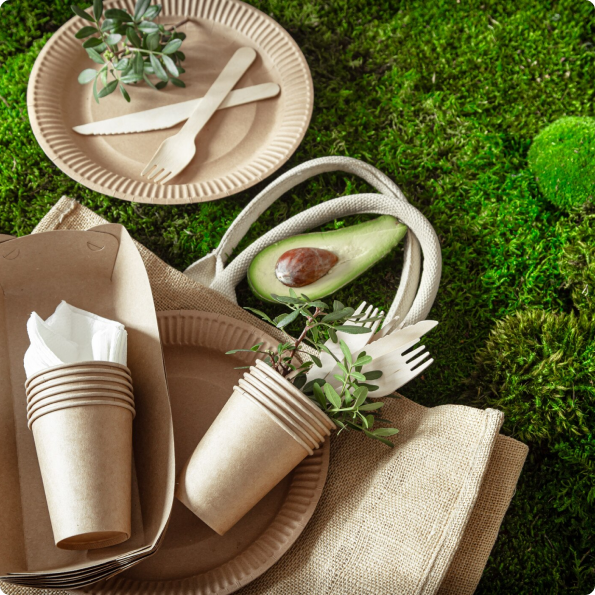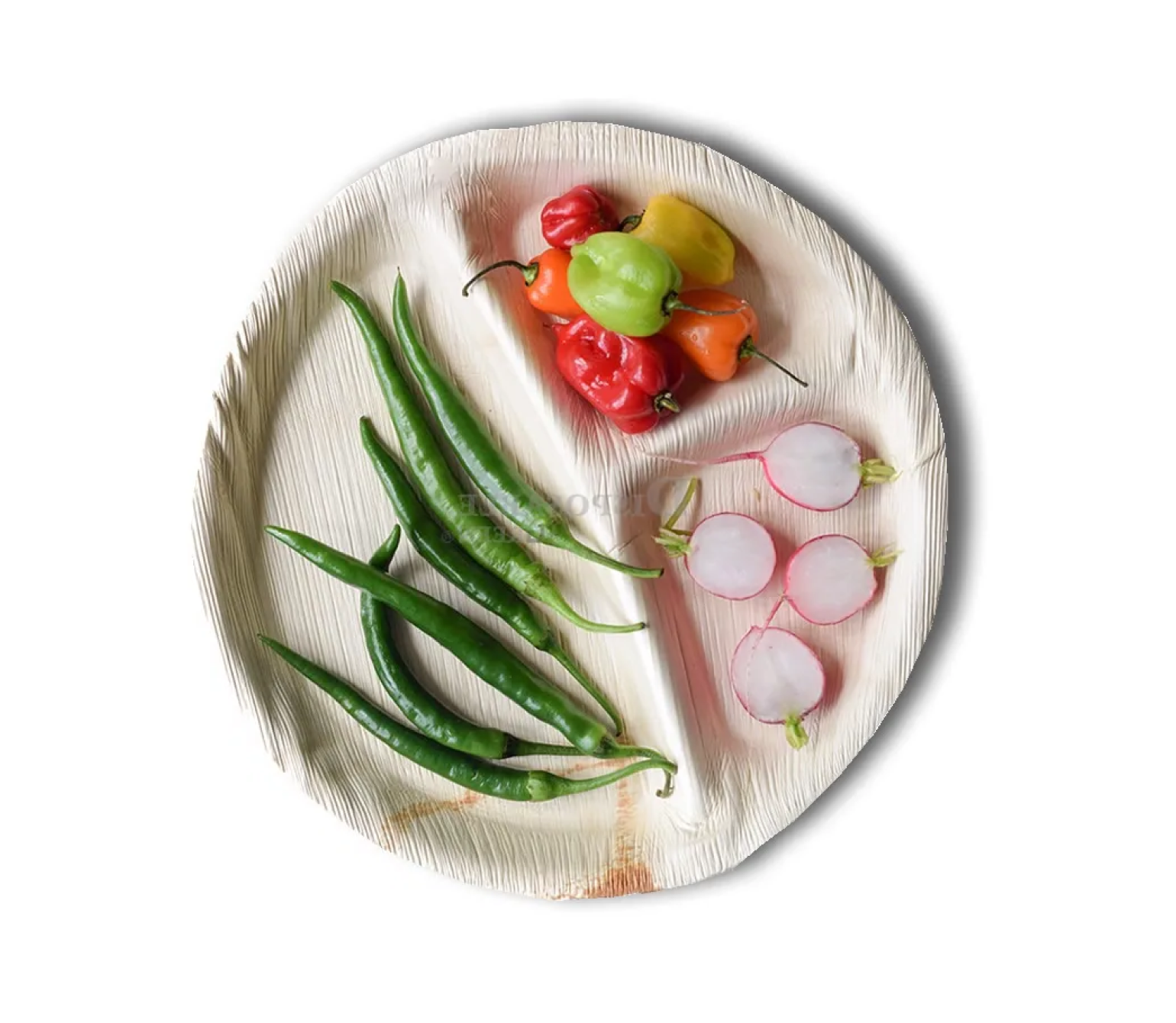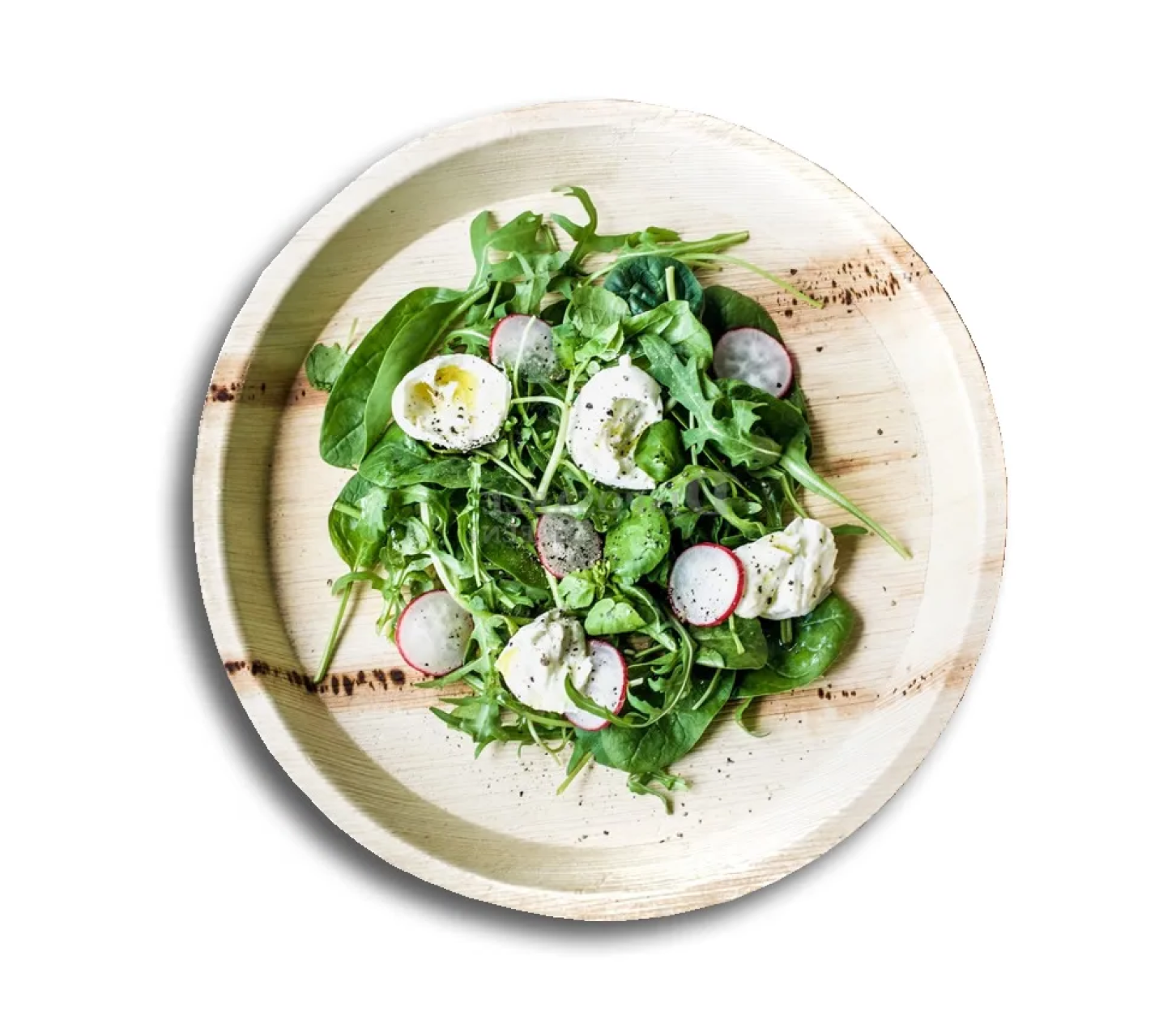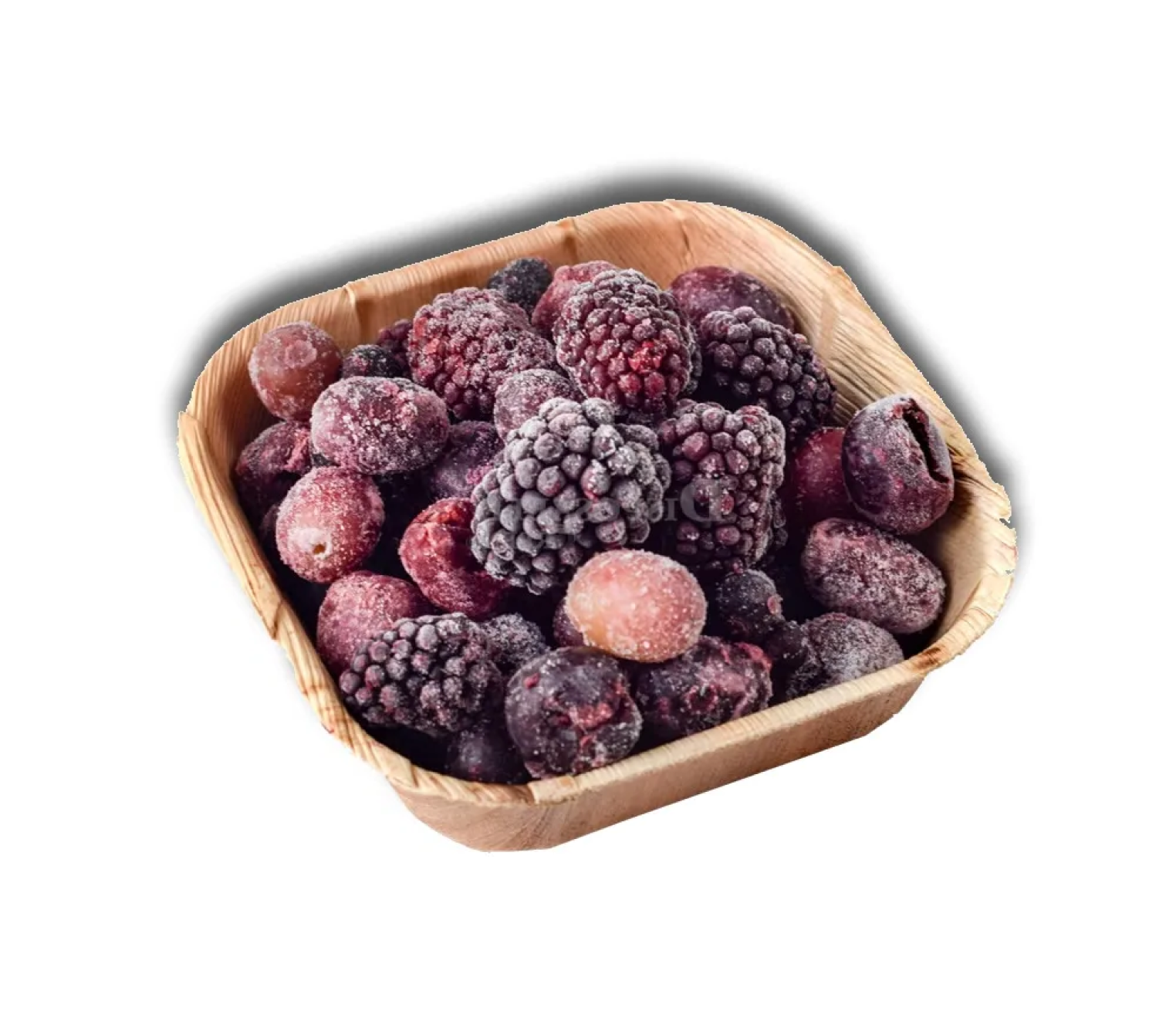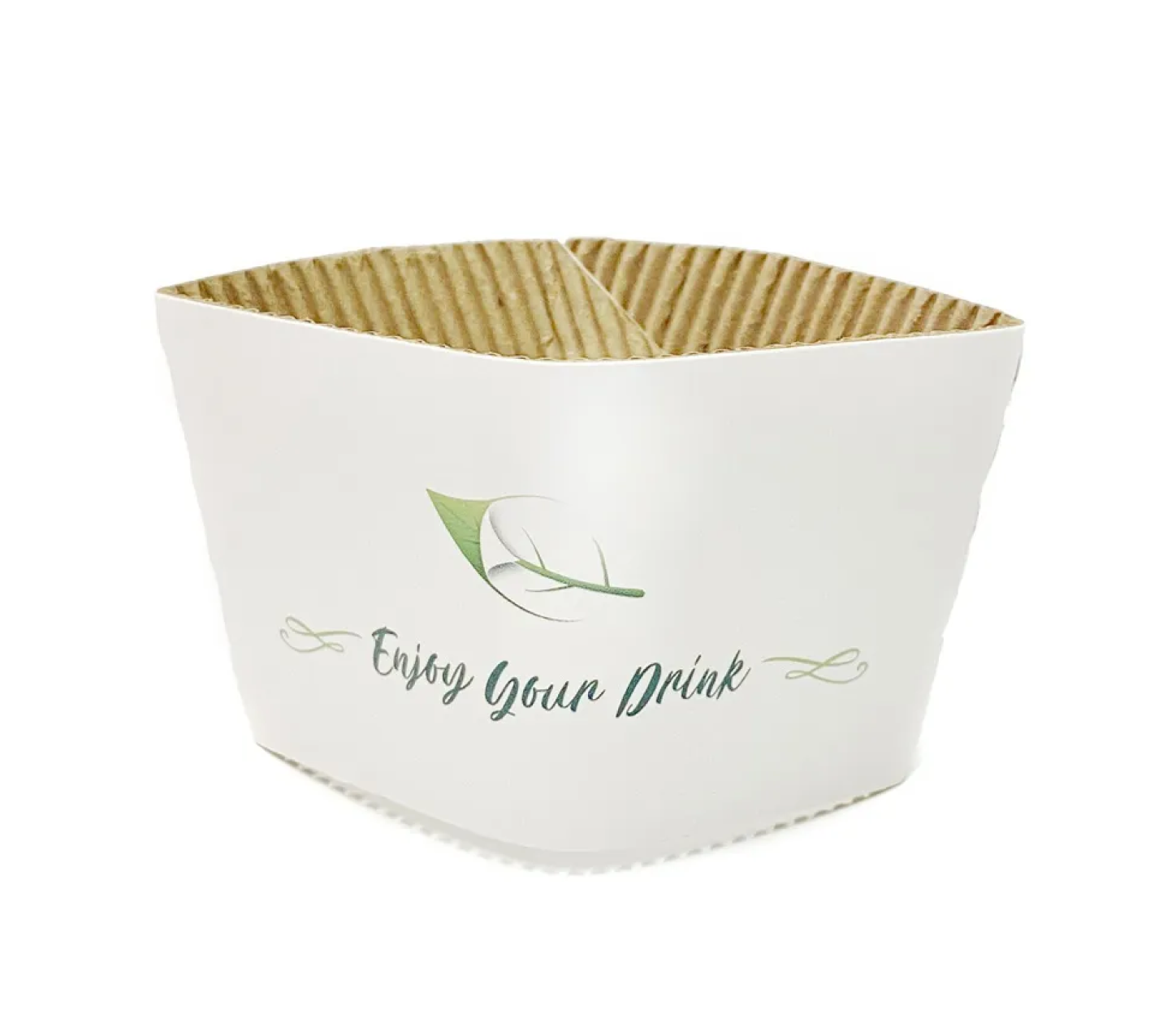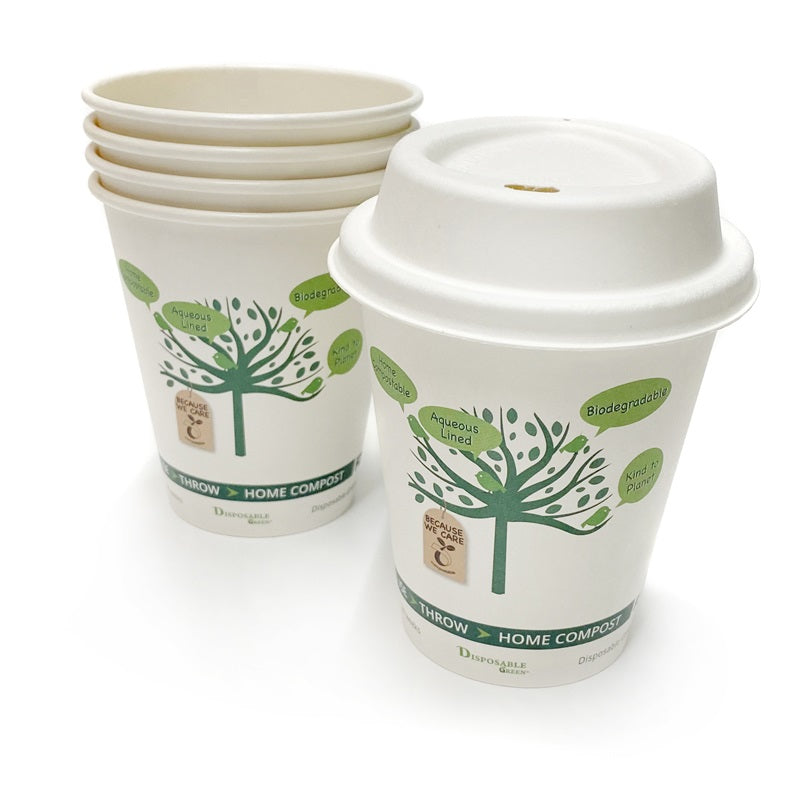
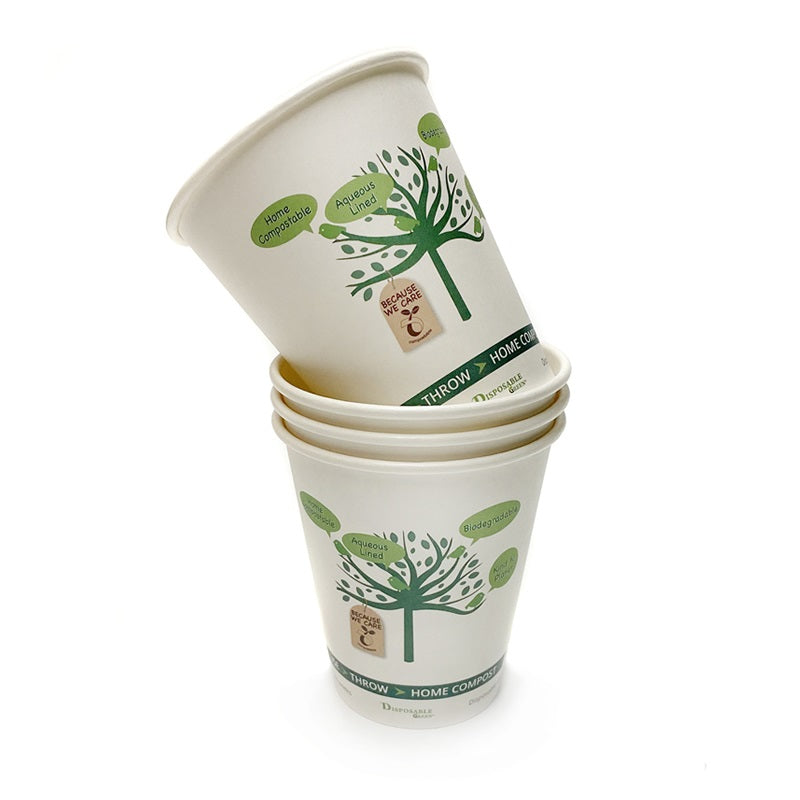
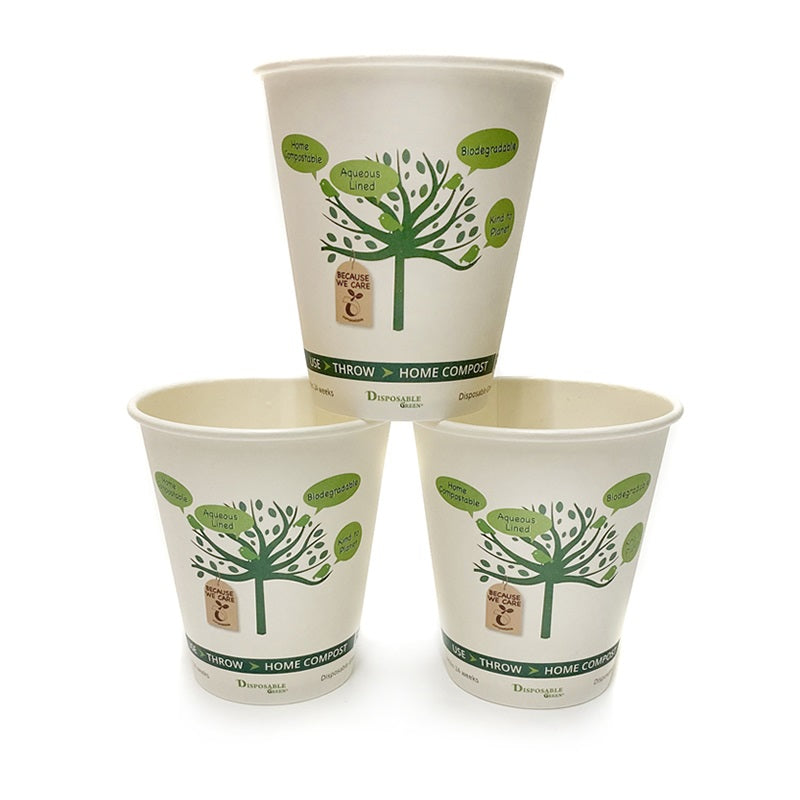
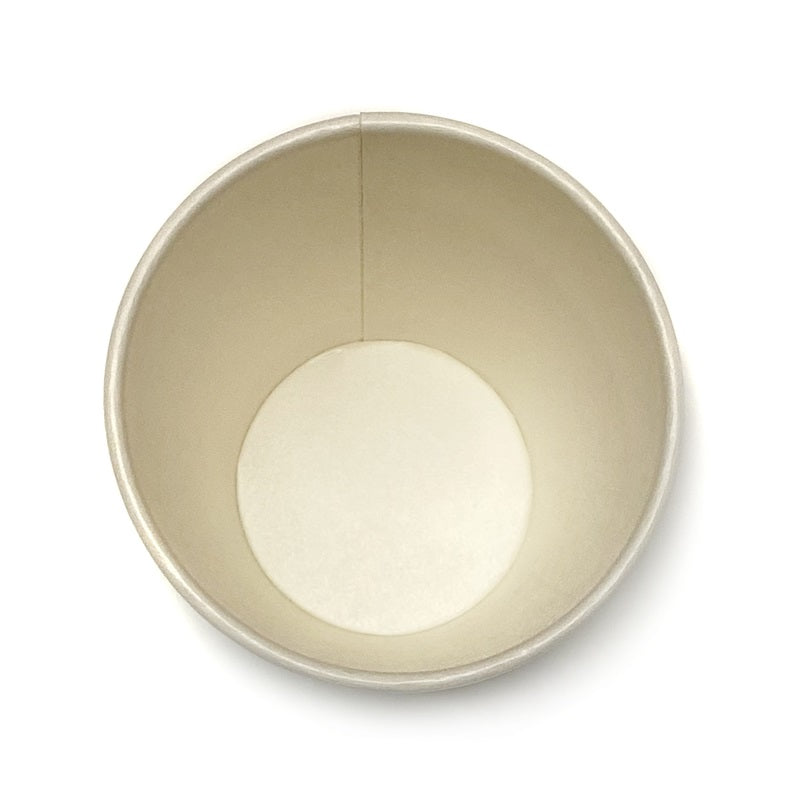
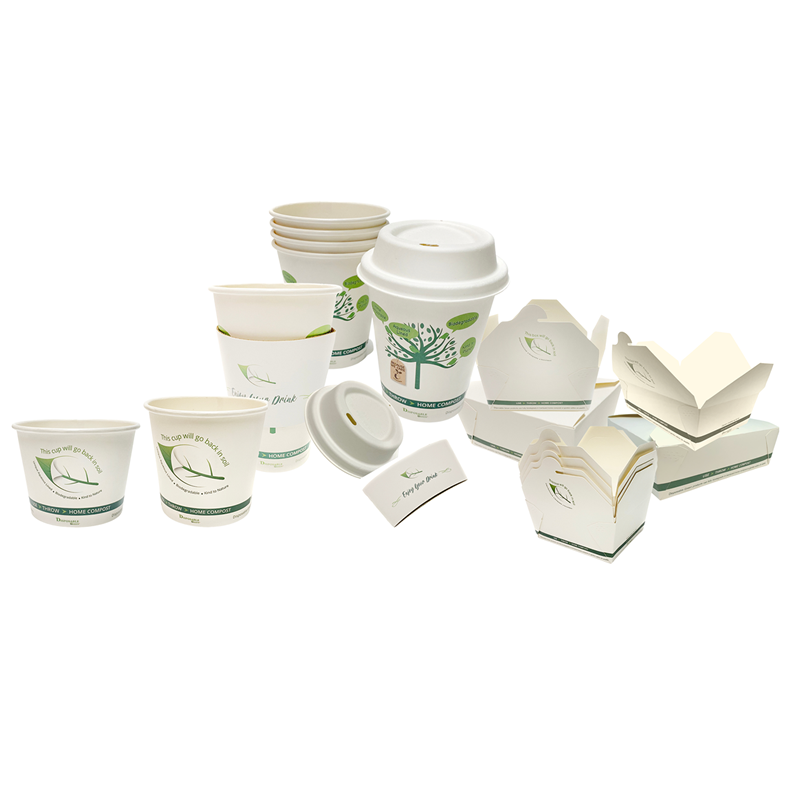
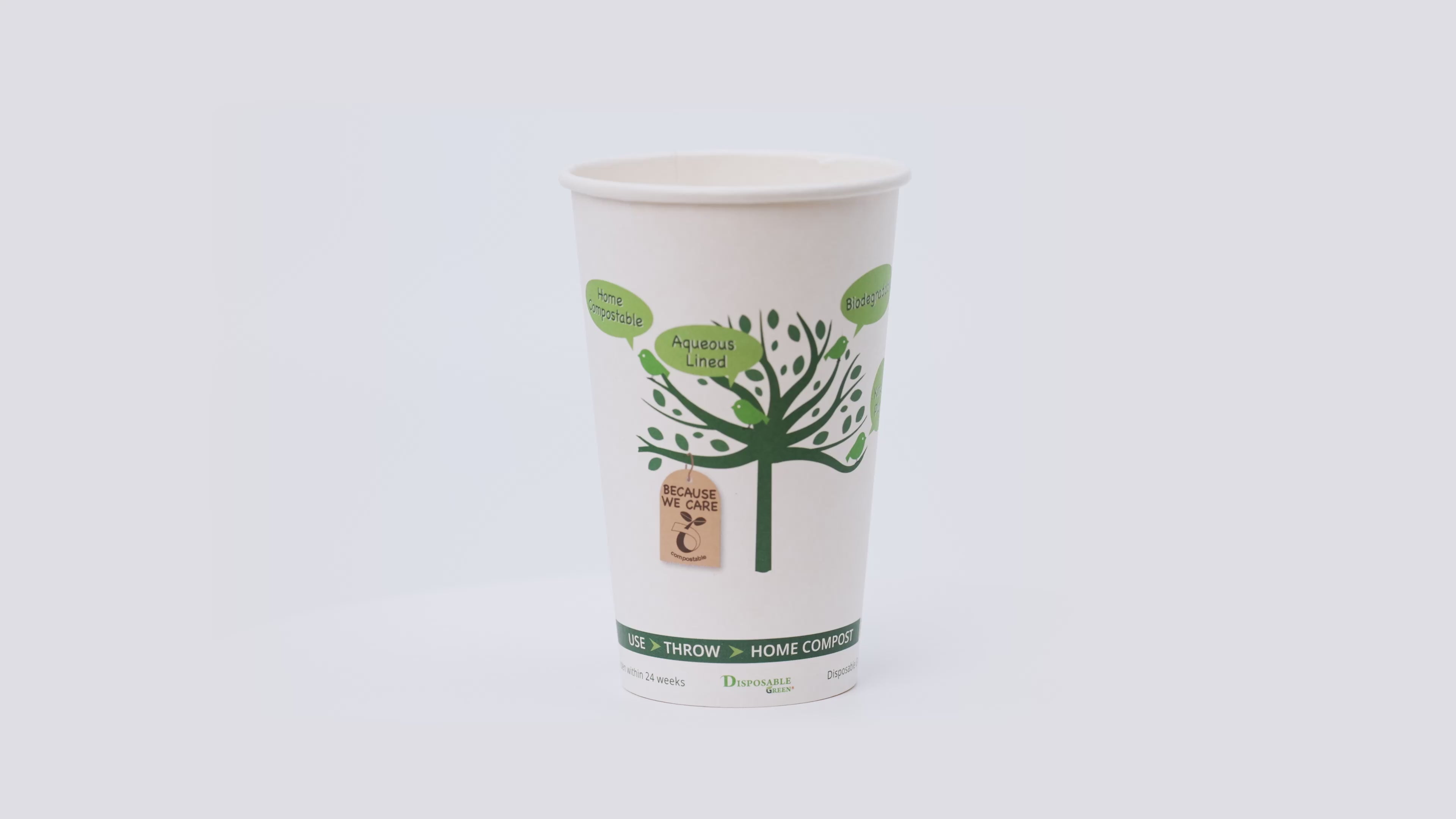
16oz NEXTGEN Certified Home Compostable Single Wall Tree Coffee Cups
excl. VAT
Product Information
Product Code- PAP019
Case Size- 1000
(Only 1 in 4,000 coffee cups are recycled in the UK.
Why? Most coffee cups are made from paper with a PE (plastic) lining. This lining has to be separated from the paper cup before it is ‘recyclable’—a process that is rarely carried out. )
Our compostable coffee cups are designed to be naturally composted, cup and lining, together. This process leaves zero waste, with composting returning to nature as fertilizer. Disposable Green is the most sustainable coffee cup solution after reusable cups.
Serve coffee, tea, or any drink-to-go in eco-friendly fashion with our one of a kind NEXTGEN Coffee cups.
Made from sustainably-sourced paperboard with a proprietary UNIQUE AQUEOUS LINING, this cup can be completely composted in the backyard or landfill within 24weeks, unlike PLA, which needs to be sent for Industrial composting.
Our cups are strong, sturdy and sustainable.
All our products are designed for the circular economy, they can be composted at home or at a landfill. From nature, back to nature.
Sample-16oz NEXTGEN Certified Home Compostable Single Wall Tree Coffee Cups
Product Features:
100% biodegradable
Unique aqueous lining
Home Compostable within 24 weeks
Industrially Compostable within 12 weeks
Recyclable and Repulpable
Plastic-free
Suitable for hot and cold beverages
Suitable for Microwave, Oven and Refrigerator
Leakproof
Shipping
Free Next day* shipping over £30 (Excl. VAT)
Order Cut-Off Time: Weekday - 4.00 PM | Saturday - 11.00 AM

Environmental benefits of bagasse
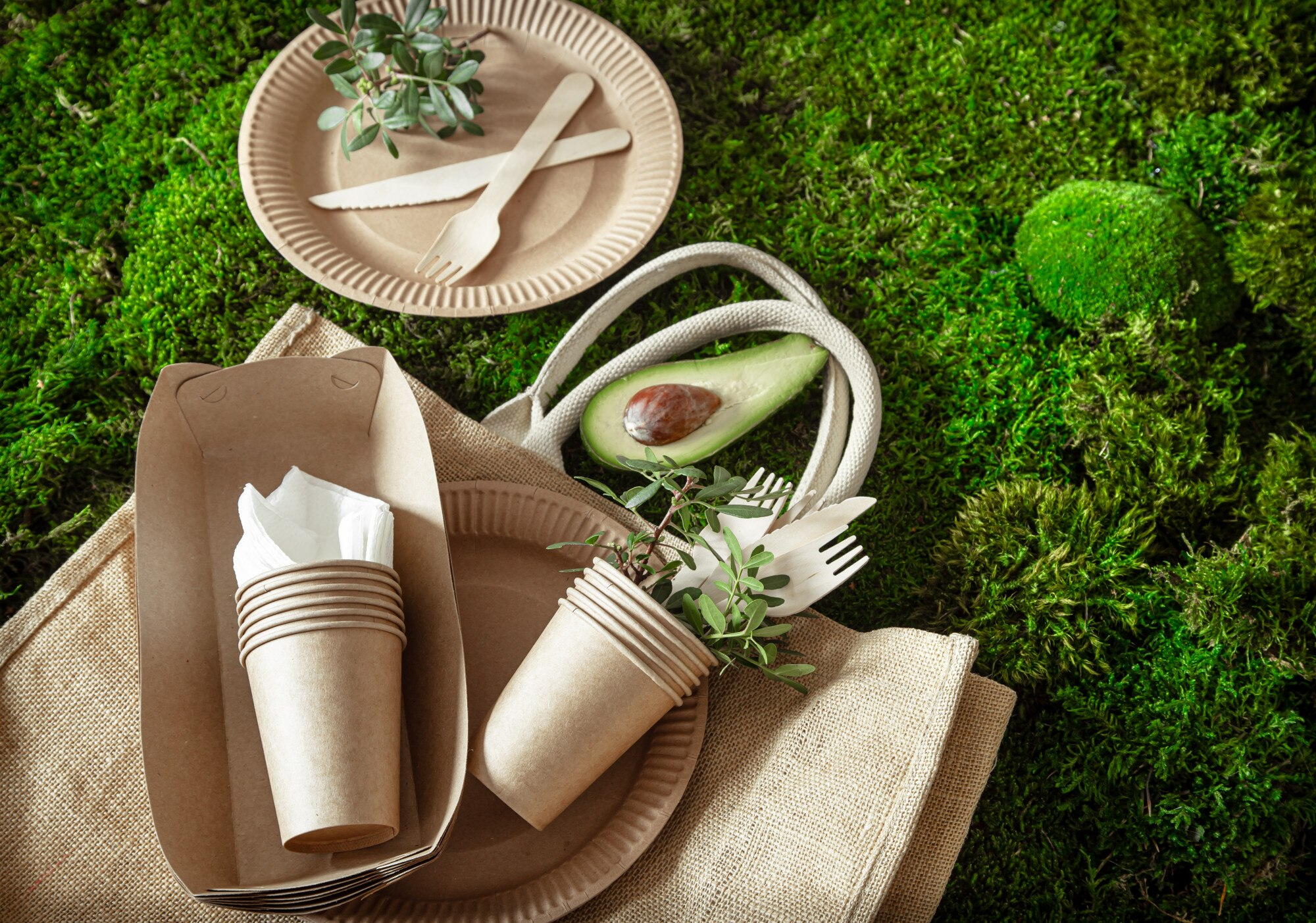
20,000,000 trees are cut down every year to manufacture paper cups—most of those cups are coated in polyethene—which takes 20+ years to decompose in landfills. Bagasse provides a sustainable alternative to these tree-based paper products.

Renewable: bagasse is a by-product of food production—instead of going to waste it is repurposed, so this material is considered an extremely renewable resource.

Compostable: In as little as 60 days, bagasse can be composted entirely—leaving behind no toxic residue. When composted, bagasse turns into a nutrient-rich fertilizer of nitrogen, potassium, phosphorus, and calcium.

